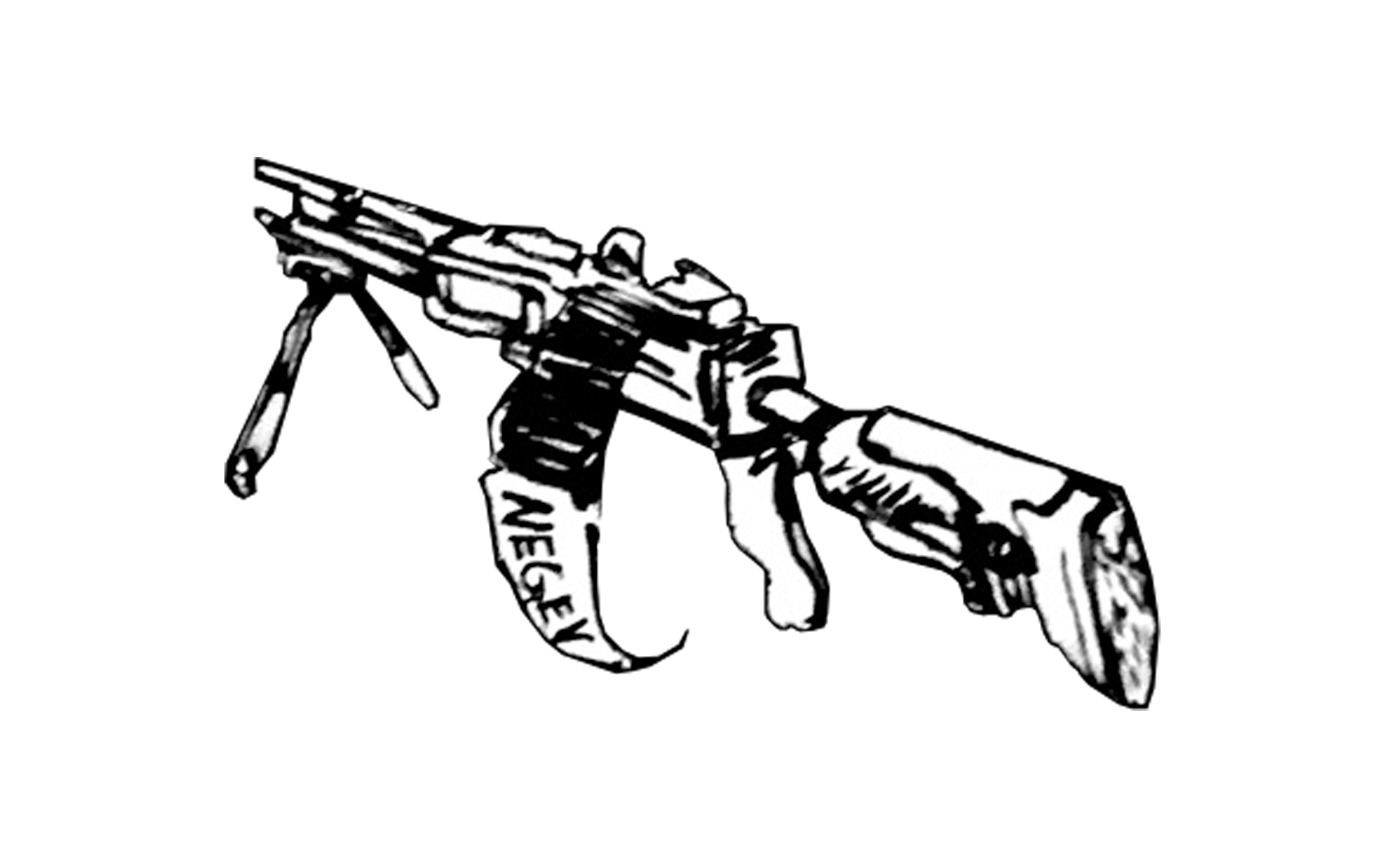Bio
Anupam Roy (b. 1985) is a multidisciplinary artist based in India. His practice spans drawing, painting, journalistic photography, posters, zines, graffiti, video, and collaborative and collective art practices. Through this diverse range of media and modes, he reflects on his experiences and observations in the hinterlands of North 24 Parganas, West Bengal, where he was born; the urban landscapes of Delhi, where he currently lives and works; and Central and Northeast India, where he has engaged in regional political inquiry and propaganda praxis. His artistic investigations critically examine the limitations of contemporary representational politics in visual culture, as well as the intersections of land and labor movements, with a focus on surplus populations and their precarious conditions within the contemporary capitalist system.


